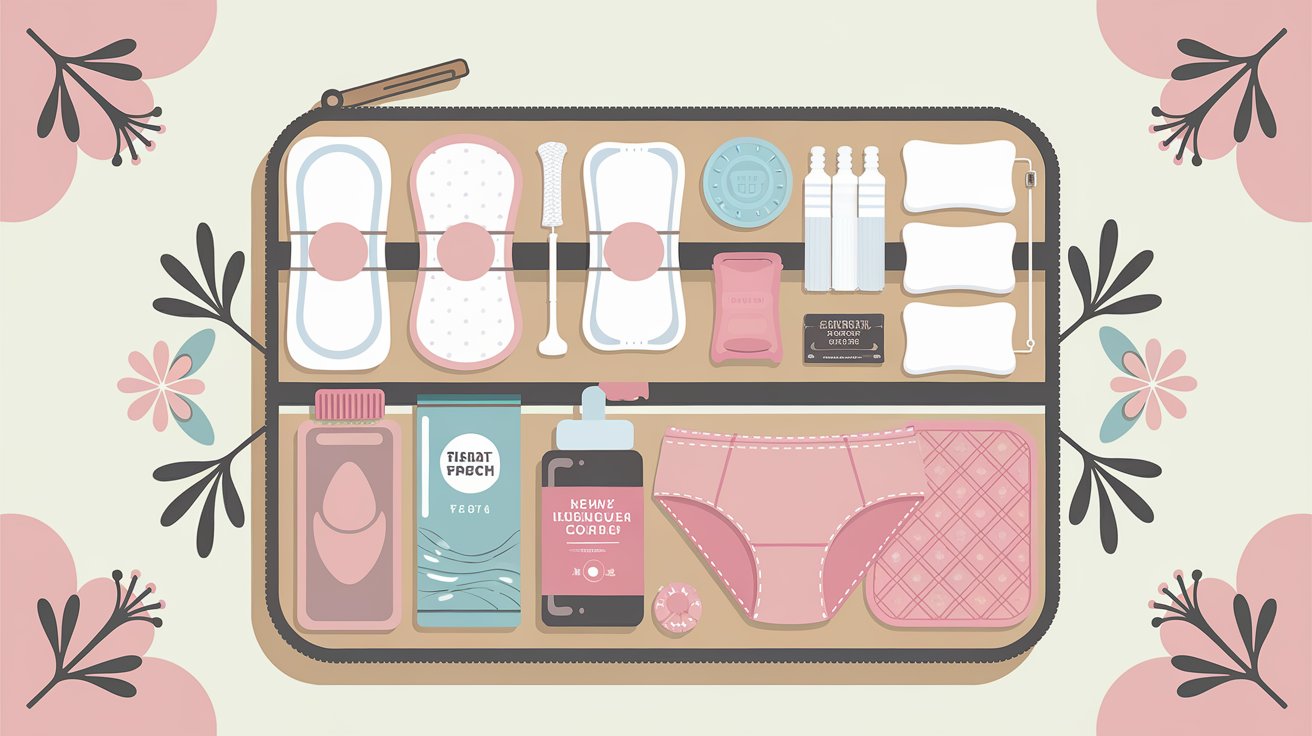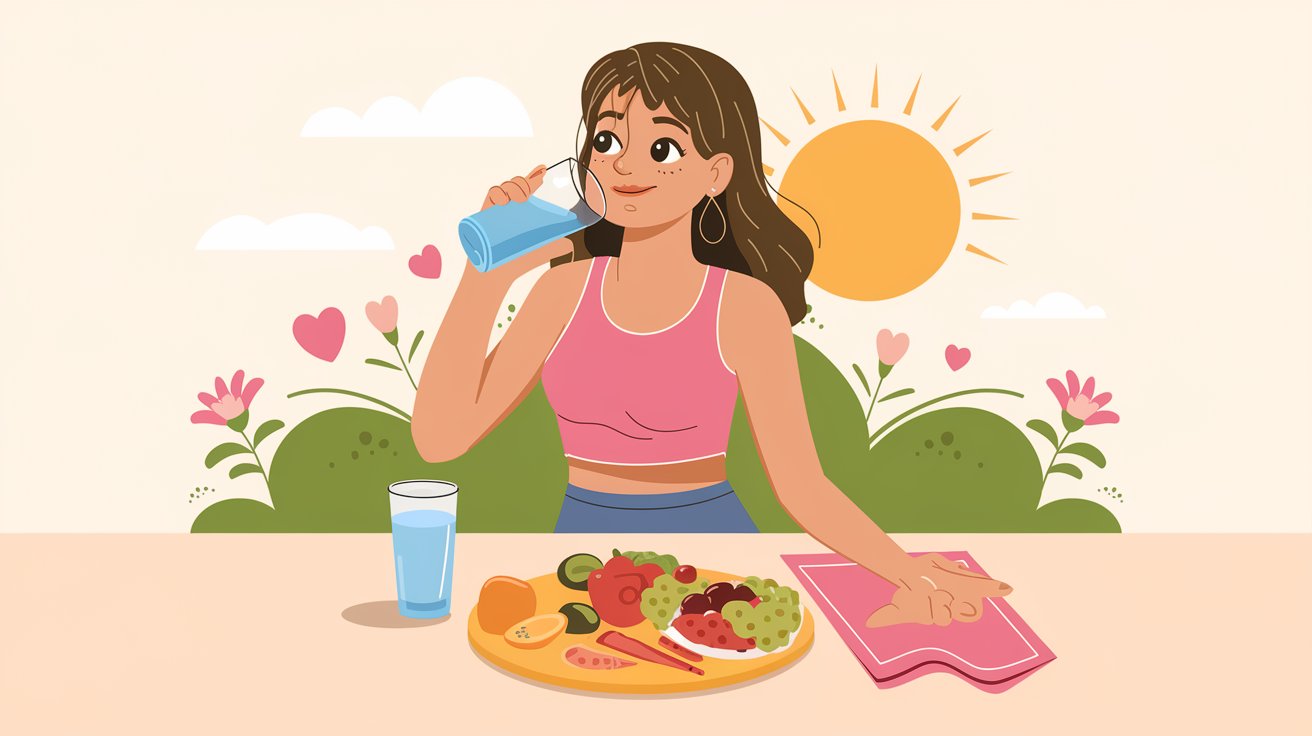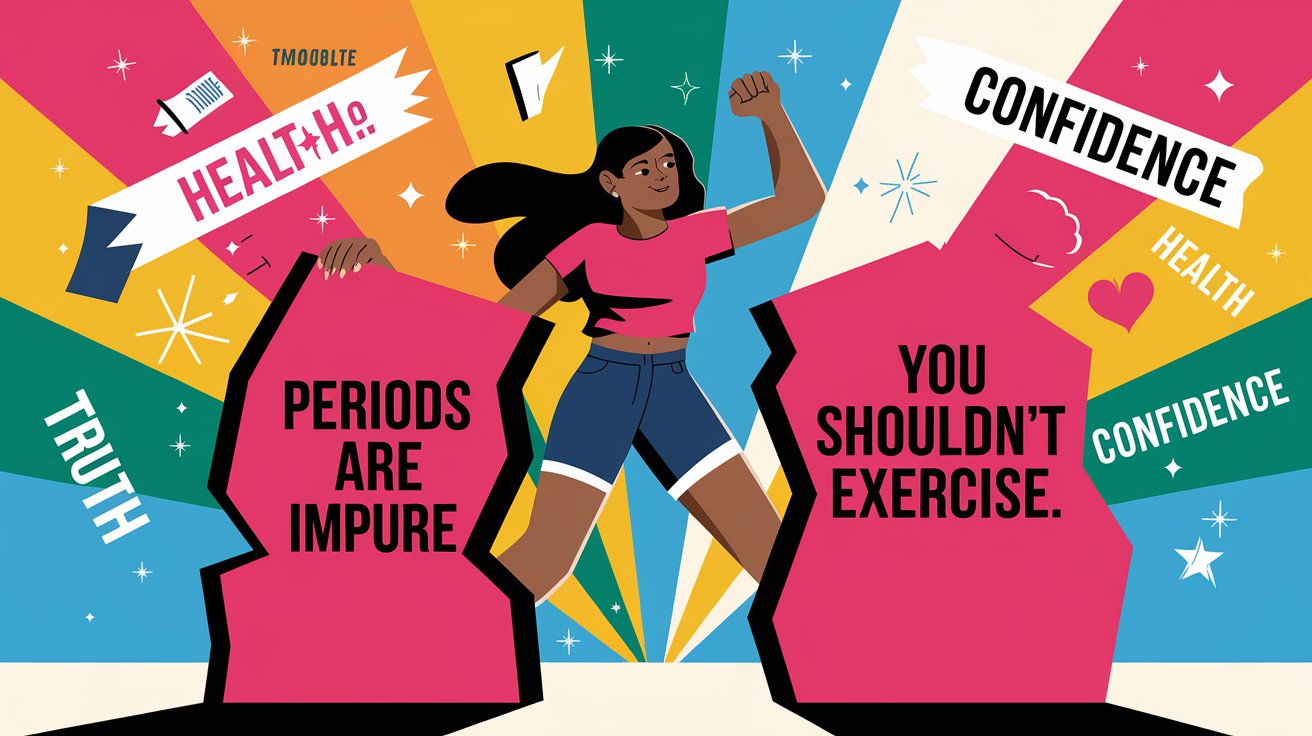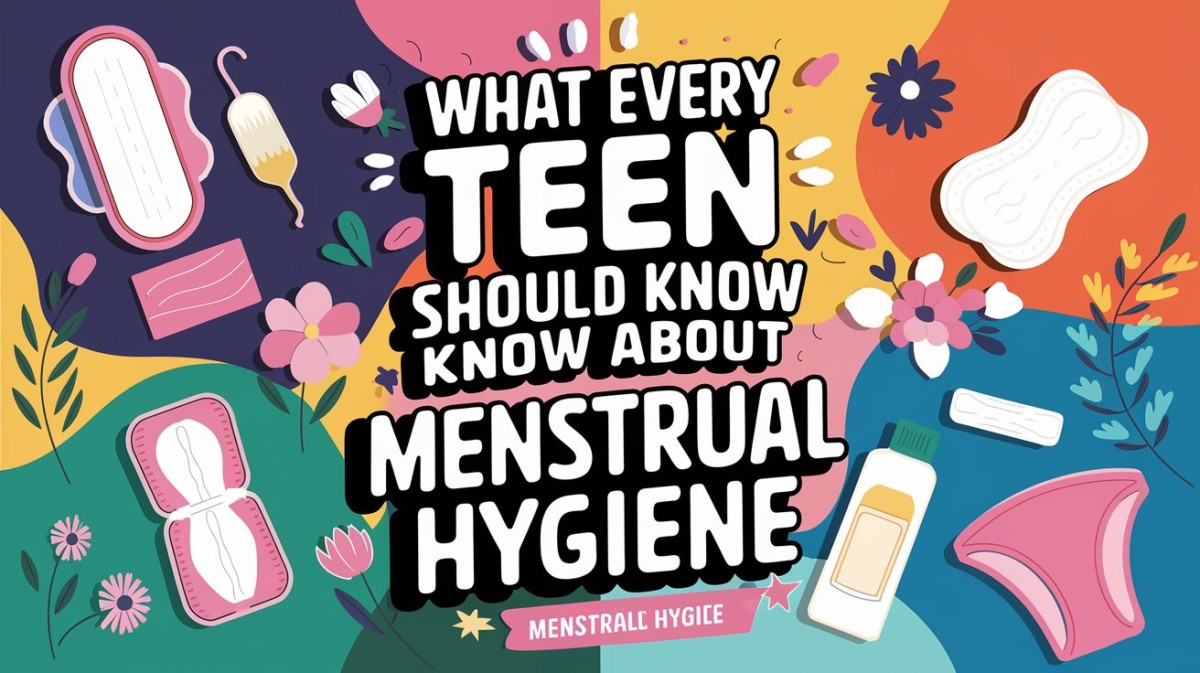Ever wondered why menstrual hygiene is a vital topic, especially for teenagers? How can better hygiene practices ensure good health and boost confidence during periods? Menstrual hygiene is more than just staying clean—it's about embracing this natural process with confidence and the right knowledge. Let’s delve into everything teens need to know about menstrual hygiene to help them navigate their periods with ease and comfort.
Understanding Menstruation
Menstruation is a normal physiological event or process in which the uterus ejects its lining on monthly basis. It ordinarily starts at about 9 to 16 years and is usually a milestone for any teenager. If not informed well, it can sometimes be overwhelming though it is natural.
Why Is Menstrual Hygiene Important?
For health, cleanliness, anti-infection standard, personal pride, or self-assurance, menstrual health is vital for women. Rather, poor menstrual hygiene exposes the female genital tract to infections like urinary tract infections (UTIs), reproductive tract infections, (RTIs) and toxic shock syndrome (TSS).
Practicing good hygiene also helps boost mental health because teenagers are able to have confidence in going to school, participating in extra curricular activities or being active socially without worrying about leaks.
Essential Menstrual Hygiene Tips

1. Choose the Right Menstrual Products
Today, teens have a variety of menstrual products to choose from:
❖ Sanitary Pads: Comes in several sizes and kind of porous, hence very easy to use. Ideal for beginners.
❖ Tampons: Often used in sports or swimming but need to be placed correctly.
❖ Menstrual Cups: An economical solution which can be used for several years and doesn’t harm the natural environment.
❖ Period Panties: Clothing wearable around the genital area that is soft, and can be washed and worn several times before washing.
Pester teens to try and find what best fits him or her by trying out various exercises.
2. Change Products Regularly
Among code of conduct recommended for every women, is to replace pads, tampons or cups with new ones every 4- 8 hours depending on the flow. Prolonged use of proforma can cause bacterial penetration and infections to the user of the product that has been left in for to long..
3. Wash Properly
Cleaning the intimate area during periods is essential. Use warm water and a gentle, unscented soap to wash the vulva. Avoid douching or using harsh products that can disrupt the natural pH balance.
4. Dispose of Menstrual Products Safely
Teenaged girls should be taught on how to dispose the used pads and tampons. Place them in tissue which you can discard in the trash or better still put them in a disposal bag. It is also not advised to let them go down the drain; they clog them up.
5. Maintain a Period Kit
Every woman should ensure she has the basics of a period kit handy that is a life saver. Include:
❖ Sanitary pads or tampons
❖ A spare pair of underwear
❖ Wet wipes for freshness
❖ Analgesic in case of pain (if necessary)
These should be carried along to enable the teen manage any situation as they seek for reproductive education.
Healthy Practices During Periods

1. Stay Hydrated
Drinking as much water as possible prevents the body from swelling and ensures normal function of the body.
2. Eat a Balanced Diet
Advise teenagers to take foods that replenishes the lost nutrients such as spinach, lentil and nuts in order to help eliminate fatigue. Try not to consume foods high in salt, sugar and caffeine that have minimal benefits and serve to aggravate your cramps and bloating.
3. Exercise Regularly
Yoga or simply a mild ten-minute walk does the job as it reduces period cramps and at the same time releases endorphins that helps uplift the mood.
4. Get Adequate Rest
Periods are an exhausting business sometimes and so the cycle requires rest and sometimes even sleep. Another object I found useful is a heating pad; it relieves cramps as well.
Addressing Common Period Concerns
1. Period Stains
It is perfectly normal for them to have stains, they are not ashamed of that. Help adolescents learn how to wash clothes with stains using cold water as well as using stain remover in making the marks last.
2. Irregular Periods
The biggest challenge of searching for a nursing home for your elderly loved one is going through the process all by yourself. However, if periods are always missed, are extremely painful or have abnormally heavy bleeding, see a doctor.
3. Dealing with Period Pain
Pain, especially in the form of cramps, is a frequent problem in clients. An over the counter medication, hot pad or gently stretching exercises are some of the approaches that can be used in trying to get rid of the pain.
Busting Menstrual Myths

Menstruation is a unique phenomenon, which is associated with a considerable number of myths and taboos. For example:
❖ Myth: You should not exercise when on your periods.
Fact: Moderate physical activity can help prevent cramps, by reversing changes associated with muscle contractions.
❖ Myth: Period blood is impure.
Fact: Only the Tampons absorb menstrual blood and they are as pure as blood from other parts of the body.
❖ Myth: During your period you should avoid taking a shower.
Fact: Hygiene is important therefore taking a bath is good, defeating hence helping to reduce on cramps.
These myths should be explained to teens to remove stigma and set the minds of teenagers in the right direction.
Emotional Well-being During Periods
Some girls often complain that they do certain things because they have PMS which means that their mood is influenced by the periods they are in. Create highly permissive communication and work on making the teenagers as comfortable as possible when discussing the issue. Writing down feelings, breathing exercises and sharing feelings with an adult they trust may help deal with mood changes.
Role of Parents and Educators
The task of nurturing teens and helping them to grow through it is shared by parents and teachers. They should:
❖ Give role-model like information about menstruation.
❖ Avoid associating so much shame and stigma with conversations surrounding periods.
❖ Teachor should encourage teen to ask questions any time they feel that they can’t understand something or need assistance with.
Sustainable Menstrual Hygiene Practices
Other options, perhaps more appealing to eco-consciou teens may include reusable menstrual cups, cloth pads, or biodegradable sanitary towels. Inform them how the disposal of single used products affect the environment and that we can always achieve more with little less efforts.
Period Tracking
A period tracker which could in the form of an application or on a calendar pin points the teenage girl’s cycle and helps her anticipate the coming period and any irregularity. Knowing their cycle gives them the ability to plan and thus control many aspects of their lives which include their health.
For more such related content, check out out blogs on Women's Health.
Conclusion
Menstrual hygiene is essential to health and self-esteem of the teenage girls. If encouraged properly through the right practices, and through positive feedback and informative support, menstruation can be empowering. Whether it is making the right choices of products, maintaining hygiene or busting myths every teenager should be able to handle their periods with pride.
Thus, creating awareness about this and eliminating barriers we help teenagers become healthier and more confident with this natural process being something to feel proud of.

